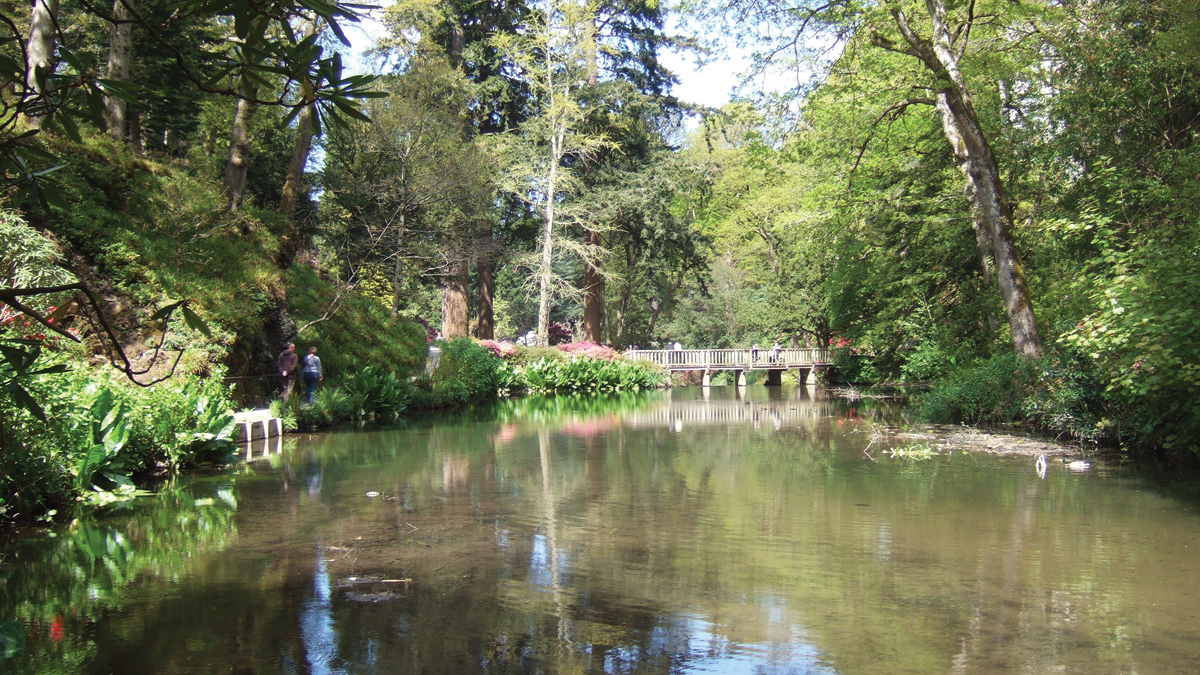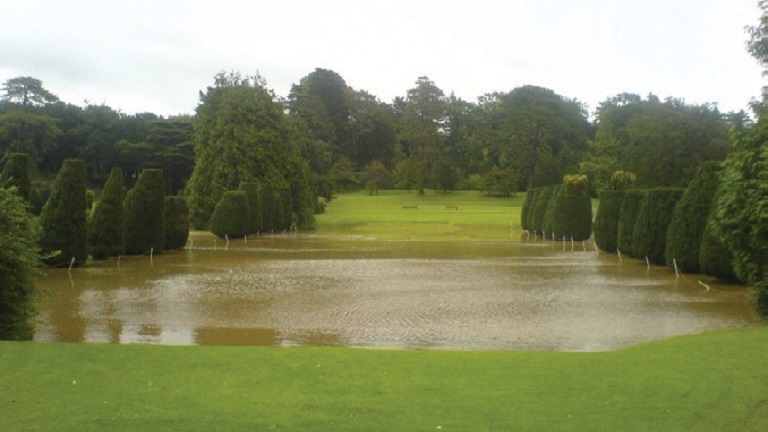National Trust
Natural Flood Management: Determining and predicting the influence and contribution that rural land management practices have on catchment scale flood risk management is a topic of national importance. Extreme weather events that have occurred over the last 15 years in the UK have highlighted the significant economic and social costs associated with major flooding incidents. These recent flood events have prompted a greater interest in the role of surface runoff generation from the rural environment and the inter-relationships between river channels and floodplains in catchments. The notion that by changing the way our rural catchments are managed could positively contribute to reducing flood risk, through the processes of flow attenuation and flood storage is very attractive.






